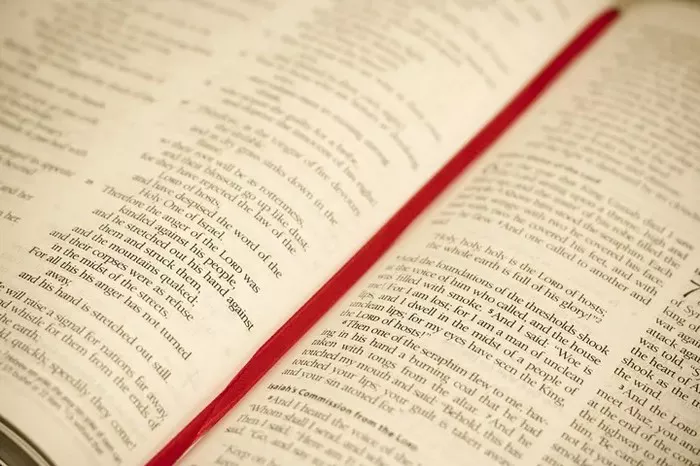Fishing imagery is abundant in the Bible, with fishermen playing significant roles in both the Old and New Testaments. From the shores of the Sea of Galilee to the depths of the metaphorical seas of life, fishermen are portrayed as central figures in various narratives, often carrying symbolic weight beyond their literal occupation. In this article, we delve into the multifaceted role of the fisherman in the Bible, examining their historical context, cultural significance, and spiritual symbolism.
The Historical and Cultural Context
To understand the significance of fishermen in the Bible, it’s essential to grasp the historical and cultural context of the times in which these narratives were written. Fishing was a prominent occupation in ancient Israel, particularly around the Sea of Galilee, where the livelihood of many depended on the abundant fish populations. Fishermen were skilled laborers who navigated the waters with expertise, using nets, boats, and other tools to catch fish for sustenance and trade.
In addition to their economic role, fishermen held cultural significance within Jewish society. The Sea of Galilee, also known as Lake Tiberias or Lake Kinneret, was a central location for many biblical events and teachings. Its shores provided fertile ground for agricultural activities, while its waters sustained fishermen and their families. Thus, fishermen occupied a unique position at the intersection of land and sea, embodying the livelihood and traditions of the region.
Fishermen in the Old Testament
In the Old Testament, fishing imagery is primarily associated with the metaphorical language used by prophets and poets to convey spiritual truths. For example, in the book of Jeremiah, the prophet employs fishing imagery to depict God‘s judgment upon the nations:
“Behold, I will send for many fishers, saith the Lord, and they shall fish them; and after will I send for many hunters, and they shall hunt them from every mountain, and from every hill, and out of the holes of the rocks.” (Jeremiah 16:16, KJV)
Here, the image of fishers symbolizes the agents of divine judgment, sent by God to gather and punish the wicked. The act of fishing becomes a metaphor for the sorting of souls, separating the righteous from the unrighteous in preparation for judgment.
Similarly, in the book of Amos, fishing imagery is used to illustrate the inevitability of divine judgment:
“Behold, the days come, saith the Lord God, that I will send a famine in the land, not a famine of bread, nor a thirst for water, but of hearing the words of the Lord.” (Amos 8:11, KJV)
In this passage, the absence of divine revelation is likened to a famine, a scarcity that will lead people to wander and seek spiritual nourishment. The metaphorical language invokes the image of a fisherman casting his net into the waters, searching for sustenance amidst desolation.
Fishermen in the New Testament
The New Testament presents a more direct portrayal of fishermen, particularly in the Gospels, where several of Jesus’ disciples are identified as fishermen. Among them, Simon Peter and his brother Andrew are prominent figures whose encounter with Jesus marks the beginning of their discipleship:
“And Jesus, walking by the sea of Galilee, saw two brethren, Simon called Peter, and Andrew his brother, casting a net into the sea: for they were fishers. And he saith unto them, Follow me, and I will make you fishers of men. And they straightway left their nets, and followed him.” (Matthew 4:18-20, KJV)
This pivotal moment on the shores of the Sea of Galilee encapsulates the essence of Jesus’ ministry and the calling of his disciples. By inviting fishermen to become “fishers of men,” Jesus employs familiar imagery to convey a deeper spiritual truth. The act of fishing is no longer confined to the realm of the physical, but extends to the realm of the soul, as disciples are called to “catch” people for the kingdom of God.
The metaphor of fishing is further elaborated in Jesus’ parables, such as the Parable of the Net (Matthew 13:47-50) and the Parable of the Fishing Net (Matthew 13:47-50). In these stories, the kingdom of heaven is likened to a fishing expedition, where both good and bad fish are caught in the net and sorted accordingly. The imagery serves as a metaphor for the final judgment, where the righteous will be separated from the wicked, much like fish being sorted on the shores of the Sea of Galilee.
Symbolism and Interpretation
The symbolism of fishermen in the Bible extends beyond their literal occupation, encompassing themes of discipleship, evangelism, and divine judgment. As agents of divine providence, fishermen embody the call to spread the gospel and gather souls for the kingdom of God. Their occupation becomes a metaphor for the spiritual journey of believers, who are called to cast their nets into the world and draw others into the fold of faith.
Furthermore, the image of fishermen serves as a reminder of God’s sovereignty and providential care. Just as fishermen depend on the resources of the sea for their livelihood, so too do believers rely on God’s provision and guidance in their lives. The waters of the sea become a symbol of life’s uncertainties and challenges, navigated with faith and trust in God’s unfailing promises.
Conclusion
In conclusion, the fisherman in the Bible occupies a central role in conveying spiritual truths and symbolic imagery. From the shores of the Sea of Galilee to the pages of scripture, fishermen embody the timeless themes of faith, discipleship, and divine providence. Their occupation serves as a metaphor for the spiritual journey of believers, who are called to cast their nets into the world and draw others into the kingdom of God. As we reflect on the significance of fishing imagery in the Bible, may we be inspired to follow the example of the fishermen-disciples, who left everything to follow Jesus and become fishers of men.

